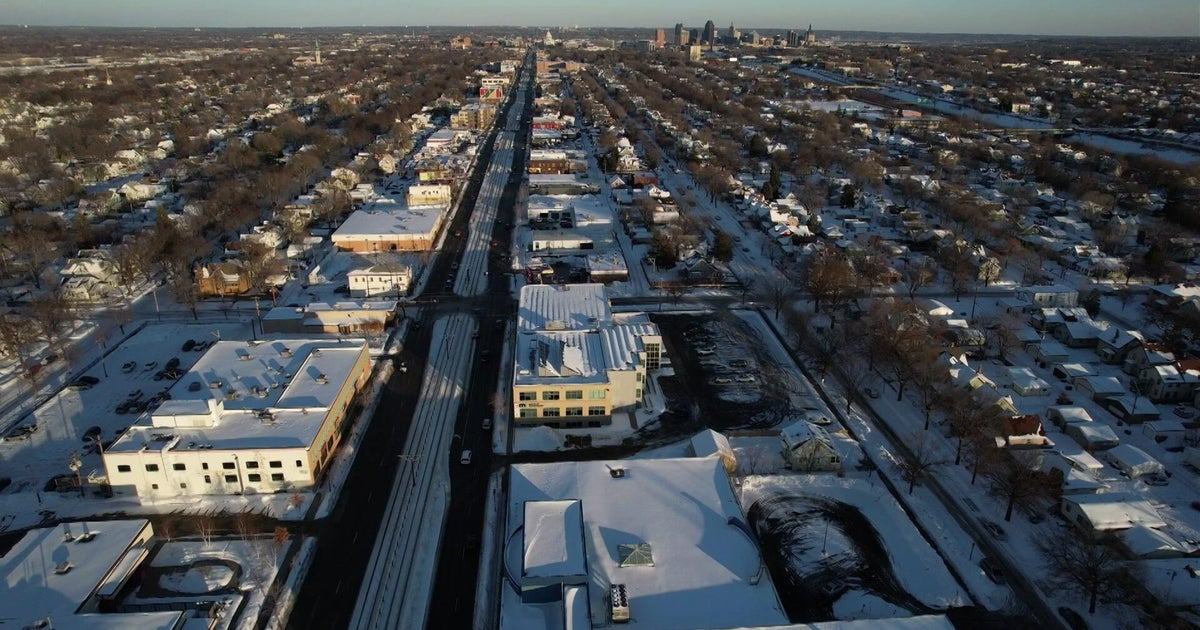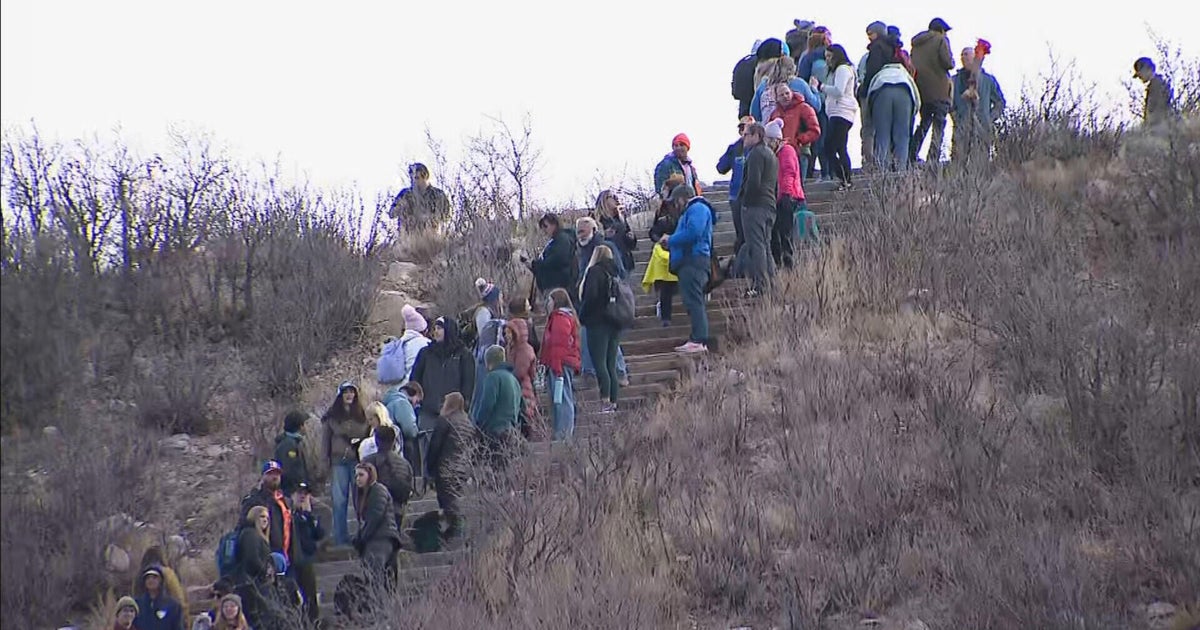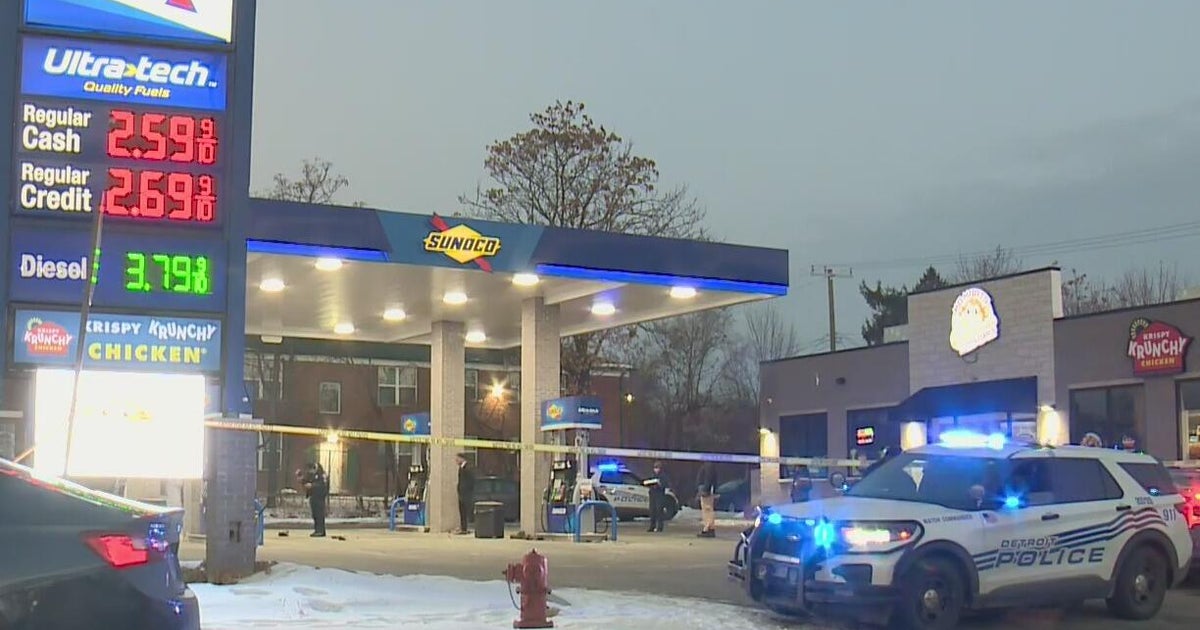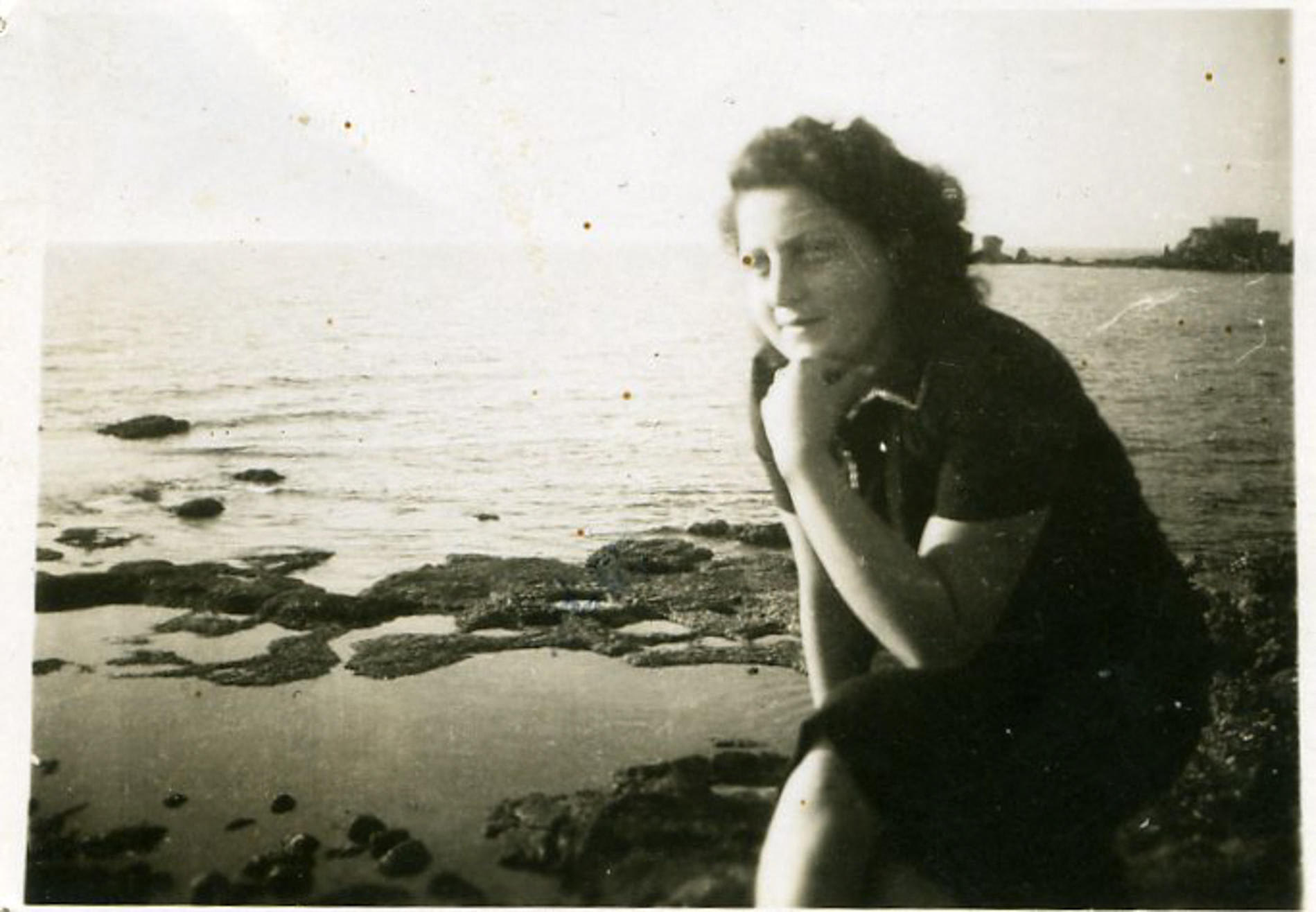92-year-old Holocaust survivor says white supremacist imagery during Capitol riot "gave me taste of the past"
On International Holocaust Remembrance Day, this 92-year-old survivor said it's a special, but somber occasion for him.
"It's kind of a celebration and the fact that those of those of us who did survive were able to make a pretty nice life for themselves and continue," Ben Lesser told CBS News in a Zoom video call on Wednesday.
"But of course, we can't forget our dear departed ones," he said.
Wednesday marked 76 years after the liberation of the Auschwitz death camp. Lesser was familiar with the atrocities there.
He said that he survived the concentration camps Auschwitz-Birkenau and Dachau, two death marches and the infamous Dachau death train — where dozens of train cars carried the corpses of thousands of prisoners to Dachau near the end of World War II. Lesser is believed to be the last known survivor of the latter.
During the attack at the U.S. Capitol on January 6, some rioters were wearing "Camp Auschwitz" sweatshirts and holding up white supremacist signs.
"It gave me a taste of the past when I was a young boy," he told CBS News, in reflecting on the Capitol assault.
The recent images — combined with years of rising anti-Semitic attacks — doesn't make Lesser "happy with the current state of events." However, Lesser, who is the founder of the Zachor Holocaust Remembrance Foundation, has been dedicating his time on helping future generations understand the extent of the Holocaust as a way to combat hate. He often gives talks in Germany and even developed a curriculum for schools.
"I tell the people that education is very important, because only if you're really knowledgeable, can you realize that we're all the same," he said. "They're all part of humanity. God created all of us. So, why can't we live side by side and appreciate our differences, rather than hate them?"
"Hitler and the Nazis did not start with killing," he said. "It all started with hate."
A survey unveiled in 2020 showed more than 60% of millennial and Gen Z respondents didn't know that 6 million Jews were killed during the Holocaust. Even though Lesser acknowledged there may always be anti-Semitism in the U.S., he said his biggest concern is "what's going to happen after the survivors are gone?"
"Who is going to speak up and teach these children to let them know the future generations that there was a Holocaust and how it happened and how bad it was," he said.
"When I see that, when most many kids don't even know what the word Holocaust means, that bothers me," he said. "And that has to change. So, we're doing our best to try to change that."
Editor's note: This story has been updated to remove an incorrect reference to the location of Dachau. It was in Germany, not Poland.




